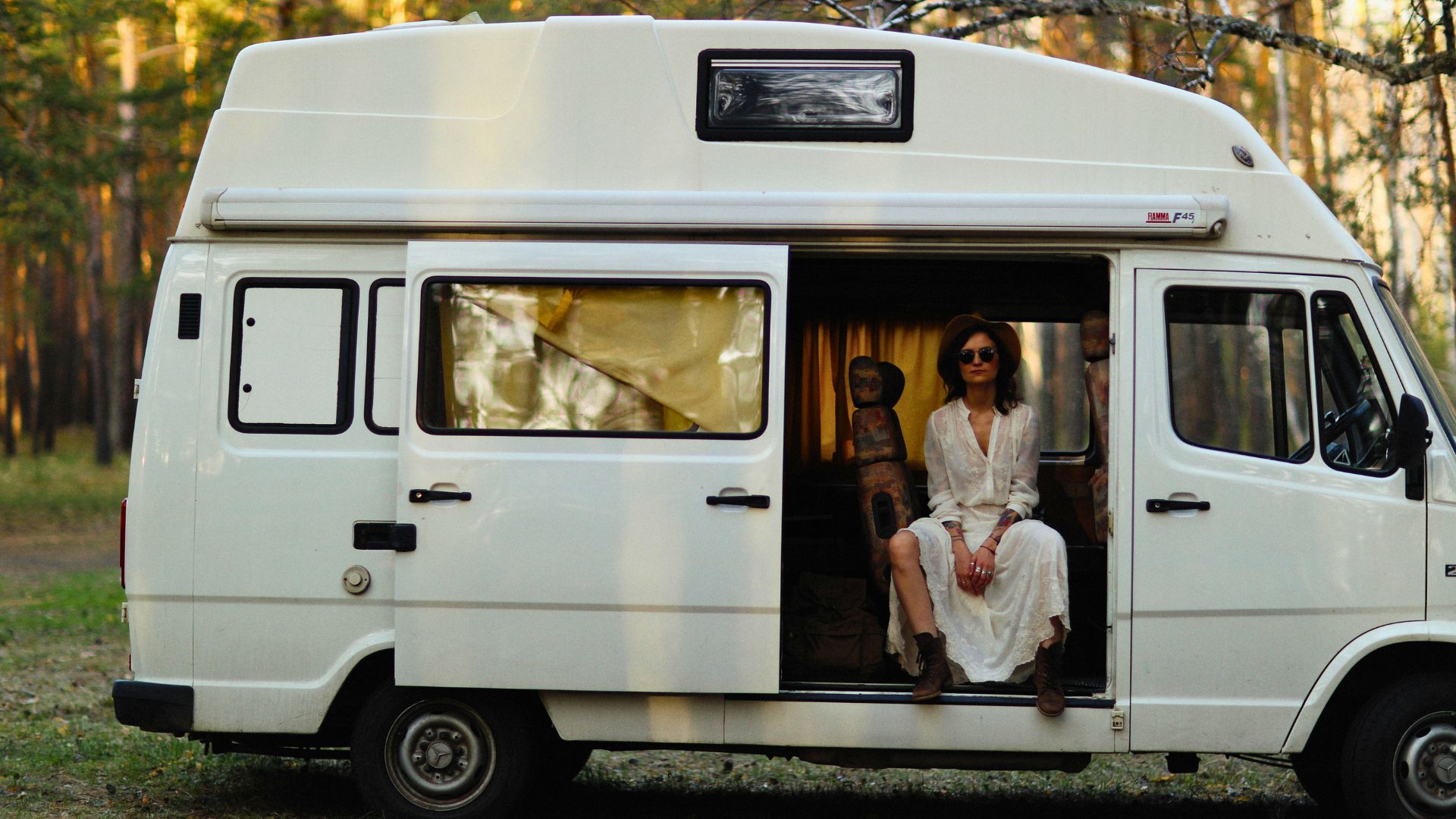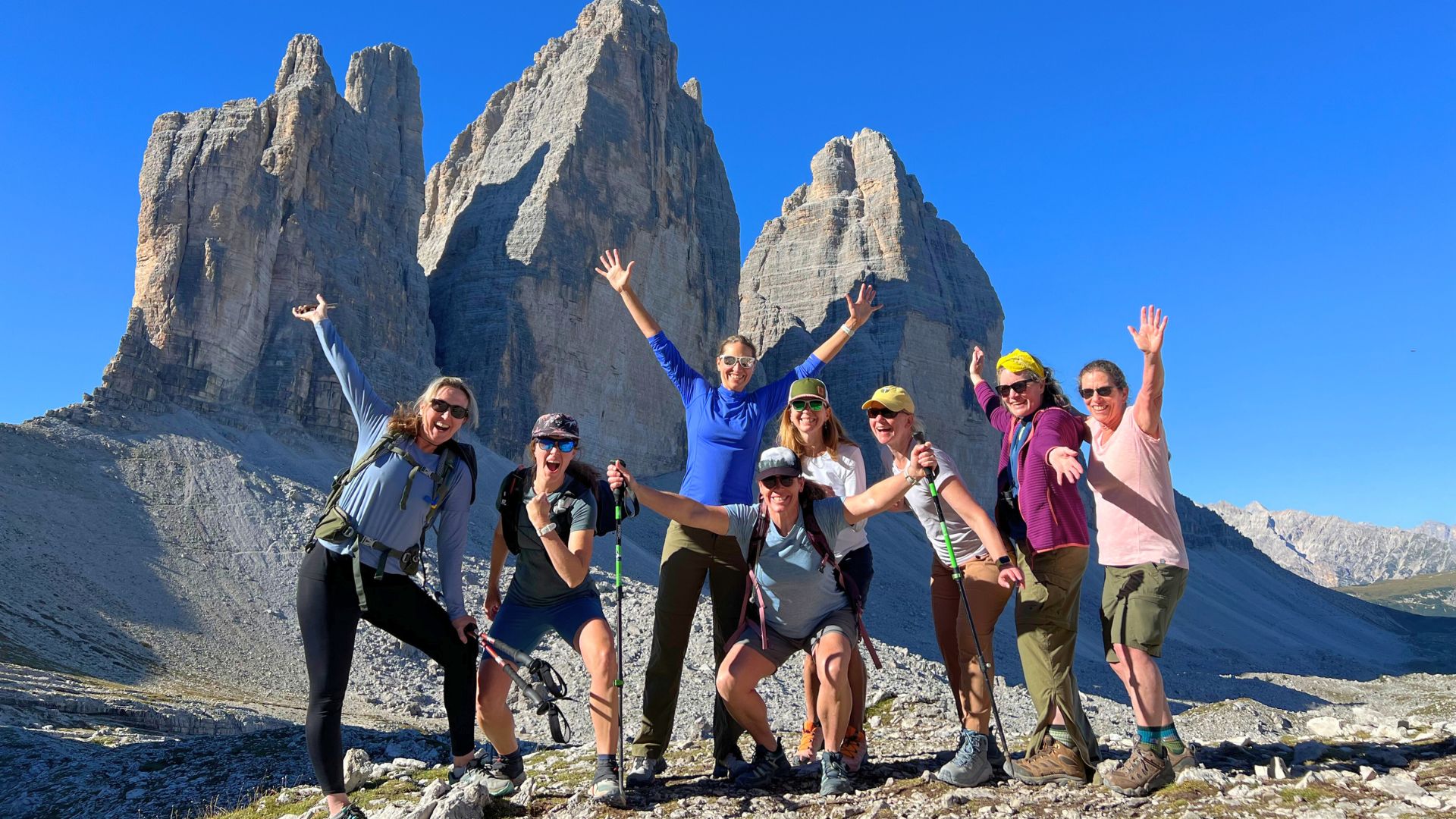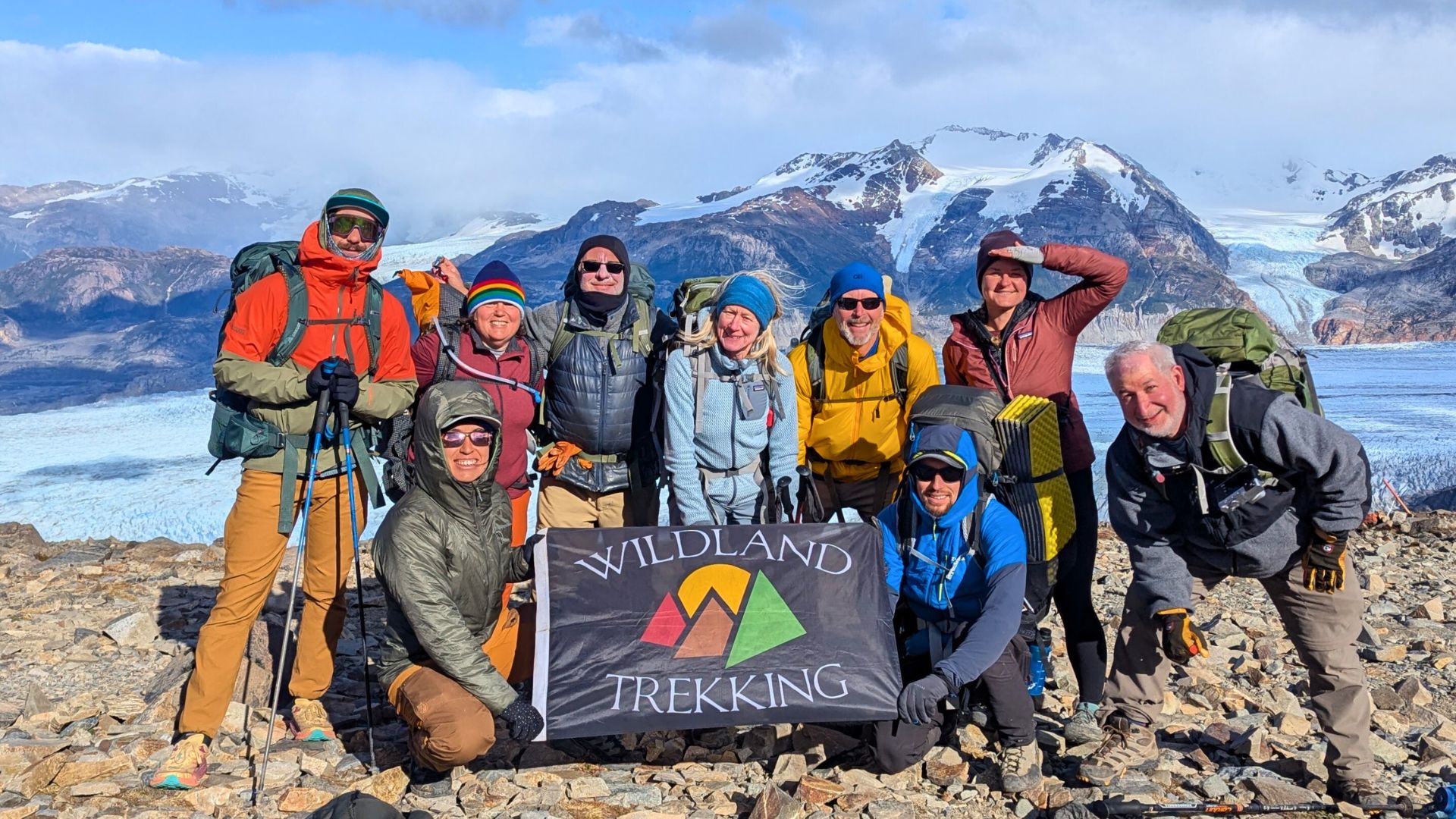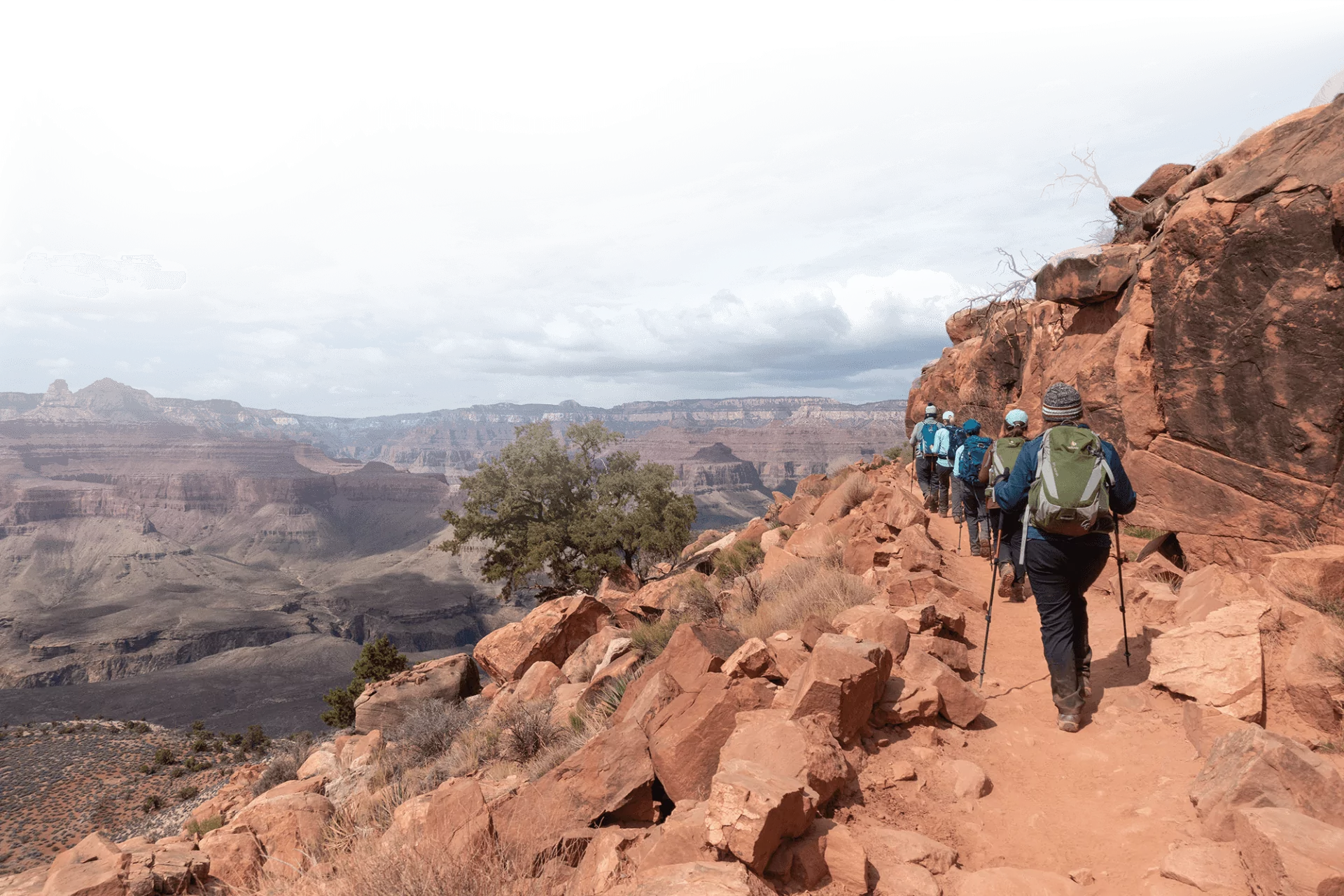A Solo Traveler’s Guide to Seeing the World
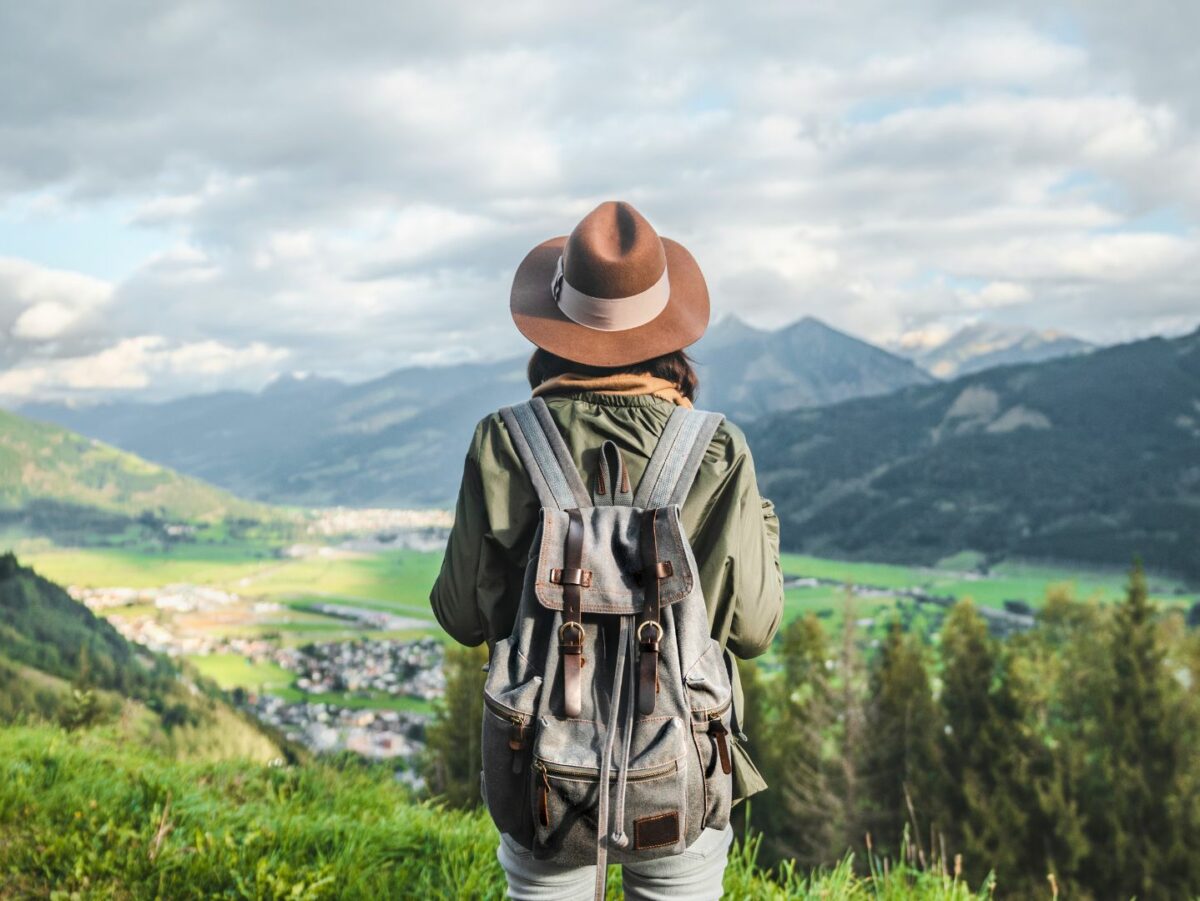
There’s something deliciously exciting and liberating about the idea of exploring the world on your own. Traveling alone offers endless possibilities for meeting new people, changing plans on a whim, and truly connecting with your own unique journey. It’s a chance to make memories that you’ll be sharing at the dinner table for years to come.
But let’s be honest, traveling alone comes with its own set of challenges. From choosing a trip style to overcoming loneliness and decision fatigue, there are plenty of things to consider when going on a solo adventure. Whether you’re a seasoned solo planner or are dreaming up your first independent outing, this guide will help you turn your dream trip into a reality!
READ: The World’s 4 best places to Travel Alone
Trip Styles for Traveling Along
Whether traveling domestic or internationally, accommodations can make or break a trip. The three main inn-based routes for solo adventurers are hotels, hostels, and homestays like Airbnb. So let’s talk about strategy!
Inn-Based Trips
Hotels
Booking hotels makes for a seamless planning process. It’s easy to shop around for the best bargain and plan the trajectory of a trip itinerary based on room availability. Websites like booking.com make it easy to stack deals and organize efficiently.
- Pros: The check-in process is relatively effortless and hotels offer predictable amenities like included breakfast, luggage storage, and shuttle options. This is a great option for the beginning and end of a trip, where travel days tend to be logistics-heavy.
- Cons: Once a booking is confirmed, it’s pretty set in stone. If your trip goals include serendipity and whimsical side quests, it can cost you in cancellation fees or missed opportunities.
Hostels
If DIY on-the-fly trip planning is more your style, you might find a travel community by booking a hostel for a night or two. Picture this: One moment you’re traveling alone playing games with a group of strangers in the common area. The next, you’re taking a group selfie on a day tour.
- Pros: Hostels typically have shared kitchen spaces for cooking and storing food, which helps keep the trip budget light. They also often partner with third-party guided experiences, which makes it easy and seamless to explore the area with newfound friends. Most hostels offer events that make it a more inclusive and approachable experience to meet fellow travelers.
- Cons: While hostels are typically the most inexpensive accommodation, they can be quite noisy and require sharing rooms and shower spaces with other folks traveling alone. So if having a quiet space to yourself is your idea of bliss, bring your eye masks and earplugs.
Homestays
Another great resource for traveling alone is utilizing AirBnb. This is a great opportunity to live like a local, with a local. There are some incredible hosts out there that offer a wealth of information over a home cooked meal or cup of coffee at the kitchen table.
- Pros: Solo travelers can enjoy an intimate setting rather than the often sterile environment of chain hotels. Connecting with locals can provide unique memories and create a buffer from the feelings of loneliness that can often come with traveling alone.
- Cons: Look out for hidden fees and research host reviews. The last thing you want is to pay extra for a subpar experience.
Road Trips and Camper Vans
If going at your own pace sounds like a dream, car camping or van life might be the move. This is a great option for the adventurous independent explorer who plans to utilize public lands and campgrounds as their method of travel. Bonus points if you can sleep in your car in a pinch.
Road Trips
There’s nothing more freeing than taking a road trip with everything you need in the back of your car. This trip style offers the utmost flexibility and possibility for meeting other travelers. If you’re up for the drive and decision making, grab your roof box and camping gear!
- Pros: Car camping allows a solo traveler to come and go as they please, whether it be a quick stop-over or spending several days in a location. Having a comfortable and predictable space no matter the destination can be incredibly grounding at the end of a long travel day.
- Cons: Road tripping can cause decision fatigue. Striking a balance between rest and travel is key in this trip style. Setting up a campground camping trip can be a great way to combat travel exhaustion. For planning, freecampsites.net is a great resource, and check out our blog on how to set up the ultimate campground trip.
Campervan Rentals
Ever wonder what it’s like to live the van life trend? It’s more possible than ever to rent out a fully equipped SUV or van to fuel those bucket list adventures. This option affords the solo traveler an option to cook their own meals, rest whenever needed, and provide a basecamp no matter where you end up. This is a great resource when planning to explore international countries or hit multiple national parks in the US.
- Pros: Who doesn’t want to have coffee in bed while enjoying some majestic morning views? Camper rentals provide everything you need to explore on-the-go. Imagine not having to pack your cooking supplies or camp set-up, all while enjoying supreme mobile comfort. Check out websites like Indie Campers to start researching options for the van life route.
- Cons: Camper vans can be a costly option for a solo traveler, so it’s definitely worth weighing the price points against hotel or hostel options. There’s also the additional planning required for finding spots to park, whether for free on public lands or in a paid campground. For more planning information, check out The Dyrt or iOverlander.
Guided Trips
Small Group Tours
If building a trip itinerary from scratch sounds exhausting or unapproachable, utilizing a guide service could be a great launching point for traveling solo, but not completely alone. As a person traveling alone, it is often more cost and energy efficient to join a guided trip, especially in high visitation areas like national parks. Guiding services like Wildland Trekking are all-encompassing when it comes to logistics, which means you get to focus on what you enjoy most.
- Pros: Imagine having all of your meals, transportation, permits, and gear provided by an experienced interpretive guide leading the way. The value isn’t just in the cost. Booking a guided day hike or a multi-day trip creates a built-in opportunity to meet others while exploring a new landscape, activity, or cultural experience.
- Cons: If groups aren’t your thing, it can be difficult to feel the autonomy that comes with traveling alone. While itineraries are well-planned, they often don’t leave much room for side quests.
Closing Thoughts
So what’s next? There’s nothing to it, but to do it. Make a game plan and let your loved ones know your itinerary. If you are self-guided, start thinking about what you want trip accommodations and meals to look like. If a guiding company sounds like sweet luxury, look into trip offerings and bucket list locations. Thinking about a campervan? Research rates and places to stay.
So much of the joy in traveling alone is in the preparation stage, so dream big!
And remember: If we spend precious time waiting for the right time or person to fulfill our dreams with us, we may wait a lifetime before we really start living. Traveling alone is an opportunity to step out of comfort zones, explore new perspectives, meet new friends, and ignite personal growth. We may always wonder what if, but we’ll only ever know what we’re capable of when we try something different.
Hope to see you out there, solo adventurers!




